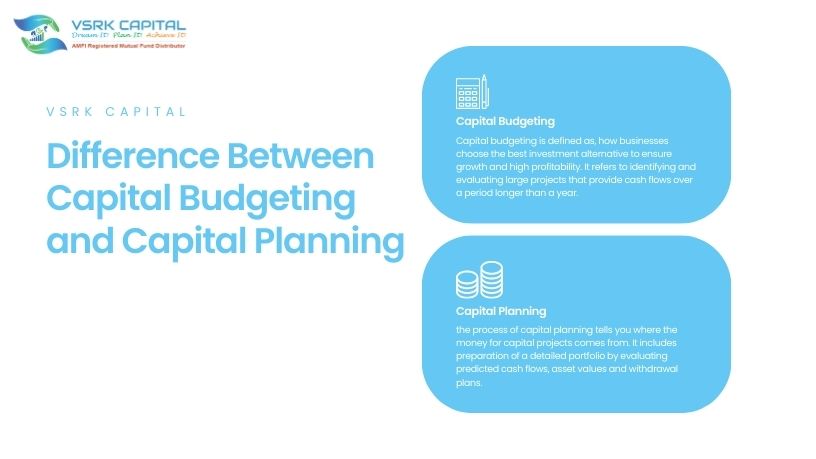Planning a retirement is not always easy. It’s the biggest decision you’ll ever make and a lot of things have to be considered before it can be made. Regardless of age, whether you’re 25 or 55, investing in retirement planning is always a wise financial plan. Everyone will face a time in their life when retirement is just around the corner, either by necessity or by choice.
Whether you need to catch up with the Joneses or want to better prepare for your later years, there are many options available to you in the form of investment strategies, saving strategies, and even tips for early retirement. There are also plenty of guides and articles written on the topic of retirement, including the essentials on saving, investing, and creating wills.
Great Retirement Planning Tips
For many people, saving and investing for one’s retirement day will not be an easy process. The goal is not to have the most money that you can, but to have enough to support your family and keep living comfortably until retirement. It is important to realize that, while saving money is a vital part of any retirement planning, investing money is not the only step to take. You also need to have the knowledge to determine when to invest your money so you don’t spend too much and lose it all.
These are four tips for saving for your retirement that anyone can use.
- Diversify
First, make sure to diversify your investments. Diversifying your portfolio is the single best thing you can do for your retirement. Once you have a solid portfolio that covers a number of different markets, you can start to look into which investments are safe. Choose safe investments in order to protect your money from losses and to allow it to grow gradually over time.
- Save
Second, set aside some money to save. You’ll need money to invest in your savings account. It can be as small as $100 every single month, if you wish. Put that money aside for when you need it, whether it’s for unexpected medical bills, or a vacation down payment on your next home. This money will serve as a buffer against the effects of inflation, and any other emergencies that may occur.
- Budget
One of the most important things that you have to do when planning for your retirement is to create a budget. There are a lot of things you have to consider when you’re dealing with your finances. You also have to look at your expenses and see if they’re reasonable. If they’re not, then you have to be honest about them and decide whether they can be adjusted accordingly.
Be aware of your spending habits. You may be tempted to spend more than you earn, but you’ll also need to consider that this will eat into your income. Budget your money and set aside enough for your future living costs.
You should be conscious of how much money you have now, and how much you are going to make for your future. You should also have a clear idea of where you want to retire, because it has to be planned long before it happens. If you plan out the whole thing in advance, then you’ll be able to handle all kinds of situations that can arise during your retirement years.
- Get Professional Help
To help you plan your retirement, it’s important to choose a firm that can help you sort out what’s necessary for now and what’s needed for the future. This step may be simple for some. For others, they may not need to work with a personal finance expert that can help you choose the right option. You’ll need to make a list of your priorities, and go with the one that best meets your needs, be it a bank, or a private investment company.
If you prefer a more hands-on approach to investing, or if you just want to be more knowledgeable with your money, you may find an e-book a helpful tool. Even a good retirement calculator can be helpful in determining how much money to invest or save. With all the resources available on the internet to teach you regarding your retirement, be careful about scammers that are only out to take your money.
Conclusion
Planning a retirement is the same as planning your life, because you have to strategize so you can live comfortably and successfully. No one wants to be caught off-guard down the road. There are so many questions to be answered and so many details to be taken care of. Do yourself a favor and begin that process now. Research the variety of ways you can save or invest. Talk to someone about diversified accounts and early retirement plans. Check out all your options so that you may live out the rest of your days in comfort and security.











